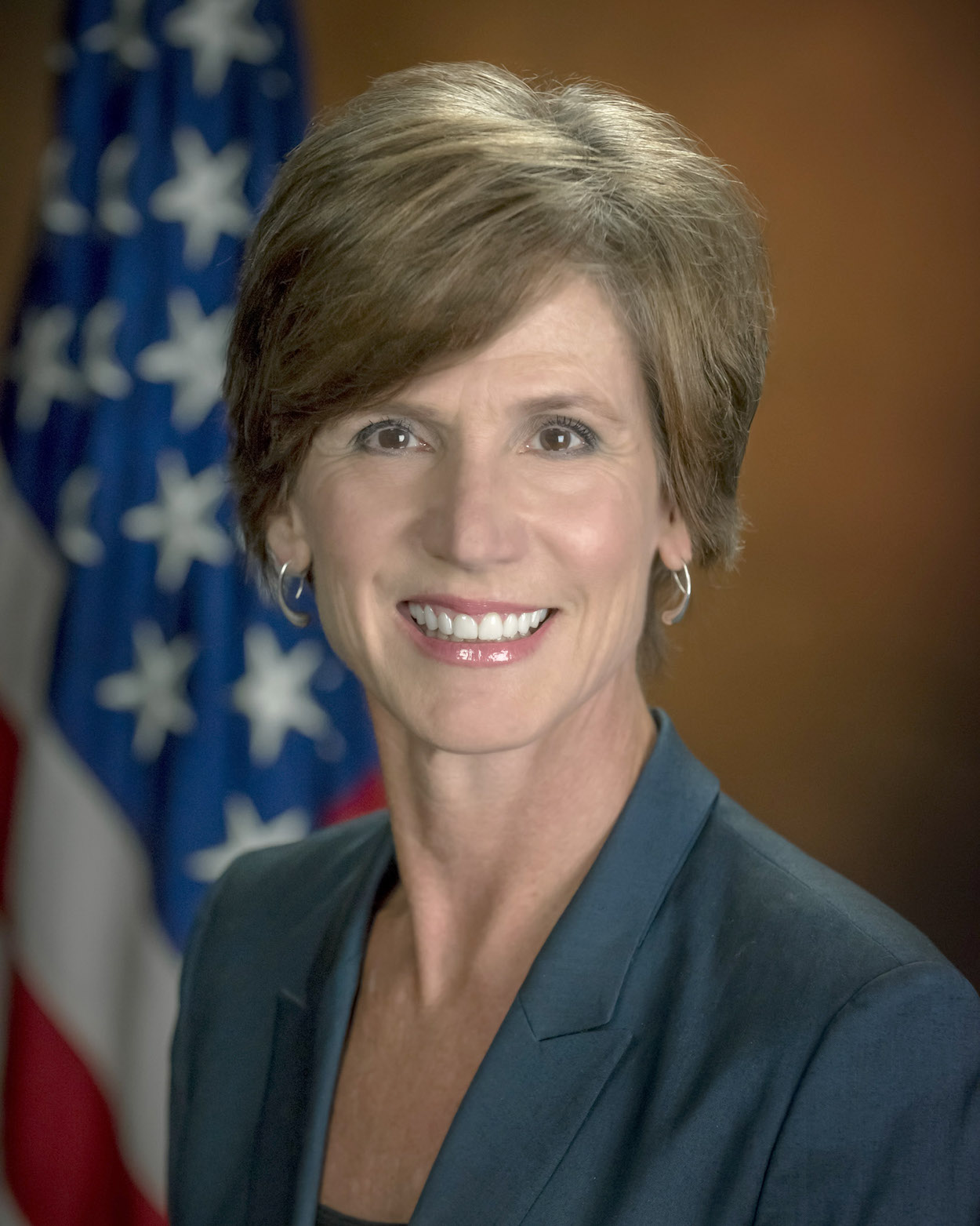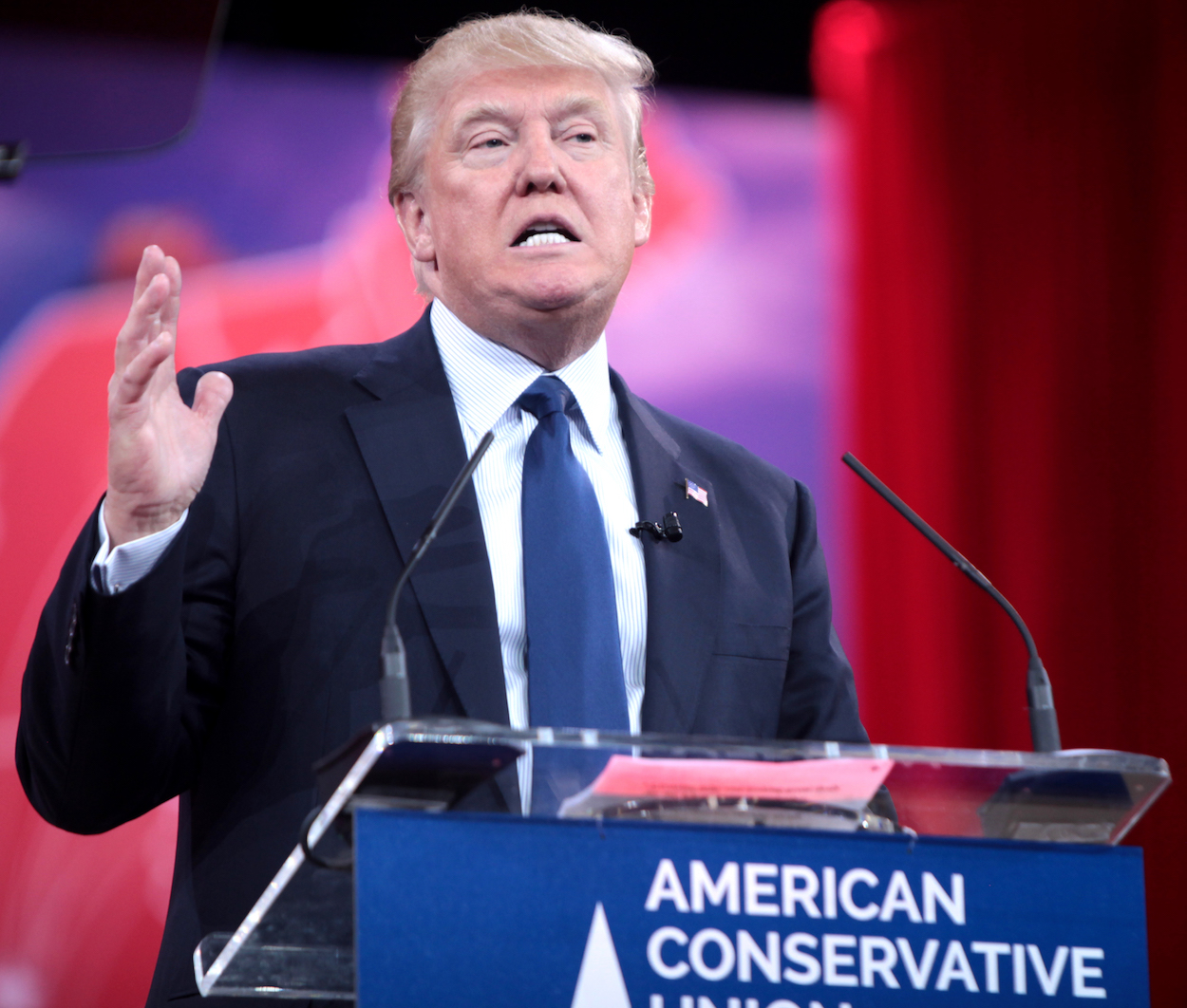by Brian Hioe
語言:
English
Photo Credit: Elekes Andor/WikiCommons/CC
MANY IN TAIWAN, even policymakers, have not been sufficiently attentive to political developments over the past year in the United States. Namely, there is a lack of understanding of the new political forces which have arrayed themselves behind Donald Trump. The view persists among some that Trump simply is an extension of the traditional Republican party, rather than something new. As such, there persists the rose-tinted view that Trump will carry on the history traditional Republican antagonism towards China, which will be beneficial for Taiwan in paving the way for a stronger relationship between Taiwan and America.
But one should think otherwise with the radical actions of the Trump administration in the first two weeks of his presidency. At the same time as blanket bans on immigrants and refugees from seven Muslim majority countries drew public outrage, given the xenophobic undertones of this action, Trump quietly named Steve Bannon to the National Security Council’s “Principals Committee,” while removing the director of national intelligence and chairman of the joint chiefs of staff from the “Principals Committee”.
The presence of the director of national intelligence and chairman of the joint chiefs of staff will only be required now on issues seen as pertaining to their respective areas of oversight, but this move is widely interpreted as a power play aimed at removing potential voices of opposition to Trump’s policies from the National Security Council. Bannon is Trump’s main political strategist, having previously served as the chief strategist of his election campaign, and the former executive chair of far-right-wing media outlet Breitbart Media. He is also an individual who is widely seen as a white supremacist, due to the views disseminated on his website, and Bannon is a member of the far-right-wing movement known as the “Alt-Right” which emerged during the Trump campaign.
Though a former naval officer, Bannon lacks the experience which would qualify him for a role on the National Security Council. With his elevation to the National Security Council, an act without any historical precedent, Bannon is increasingly seen in the US as the power behind the throne where Donald Trump is concerned, and perhaps an individual who has been manipulating the politically malleable Trump to his own ends. The public outrage caused by Trump’s Muslim ban is now actually seen by some analysts as potentially a staged distraction to divert attention away from Bannon quietly being elevated to the National Security Council, a power grab that some see in line the past actions of authoritarian regimes as Nazi Germany or Soviet Russia. The firing of attorney general Sally Yates for refusing to comply with Trump’s orders on immigration is seen in similar vein; the only other similar firing of an attorney general in American history occurred under Richard Nixon, as part of attempts to contain the Watergate scandal.
Many in Taiwan have honed in on the presence of individuals part of or associated with the Trump administration who have expressed political views more in line with traditional Republican antagonism towards China in order to suggest that the Trump administration will step up American support for Taiwan. But, although the Trump administration has brought some mainstream Republicans into its administration, we can observe the true face of the Trump administration with regards to Bannon. Bannon notably is an individual who views war with China over the South China Seas as inevitable for America.
 Sally Yates. Photo credit: Department of Justice
Sally Yates. Photo credit: Department of Justice
These are quite evidently the individuals that Trump politically favors. Namely, the Trump administration could not shrug off the traditional Republican establishment apropos of nothing, which is probably why it allowed members of the Republican establishment into its administration. However, at heart, the radically anti-establishment actors of the “Alt-Right” are antagonistic towards the Republican establishment and are evidently building up the momentum for power grabs within government. Bannon is probably just the first example.
What now for Taiwan, then? First, Taiwanese need to question whether the progressive values they hold near and dear will allow them to try and potentially court the Trump administration. Taiwan increasingly views itself as a pluralized society, and a society which is made all the better through its diversity. With its Muslim ban, plans to ideologically screen immigrants, and to prioritize Christian refugees seeking asylum, the Trump administration has sought to keep out refugees who are not white, American Christians. What values are Taiwanese throwing away if they bank on such a country as the guarantor of Taiwan’s de facto independence from China?
Secondly, Taiwanese need to realize that the Trump administration is not a dependable partner for Taiwan. The Trump administration does not consist of traditional Republicans who see the defense of Taiwan as defending a democratic nation from undemocratic China. Rather, the Trump administration sees global politics according to a quid pro quo state of affairs, in which Taiwan may be traded away for economic benefits from China. The Trump administration focus will be “America first,” above anything else, and that means that entire countries and their peoples can be bargained away without hesitation by the Trump administration if this means that Americans will benefit. Individuals such as Bannon within the Trump administration may be totally willing to go to war with China, but it must be remembered that they fundamentally retain this worldview which sees the rest of the world only in terms of the benefit or potential threats to America.
 Donald Trump. Photo credit: Gage Skidmore/Flickr/CC
Donald Trump. Photo credit: Gage Skidmore/Flickr/CC
Hence, for example, that actions of the Trump administration such as declaring China a currency manipulator have also targeted traditional allies of America such as Germany and Japan, in also declaring them currency manipulators. Very probably the Trump administration views any large economy outside of America as a potential threat. This could even lead to Taiwan becoming targeted by America down the line, given past incidents in which Trump lashed out at Taiwan for stealing American jobs.
Yet America has traditionally been viewed in a rose-tinted lens by Taiwanese and one does not actually expect this to change under the Trump administration. America backed the KMT for so many decades, was all too happy to consign Taiwan to diplomatic limbo through de-recognizing Taiwan, and continues to be fine with suspending Taiwan in the limbo of “strategic ambiguity” towards what actions, if any, it would take to defend Taiwan. In this sense, the Trump administration’s view of “America first” is nothing new. But despite this, Taiwanese have traditionally aimed their appeals to America to defend Taiwan from China.
Hence, it is not surprising that there is a marked slowness in realizing the vast shifts in the American political landscape which have taken place under the Trump administration. Perhaps Taiwanese just understand America too little, oftentimes having scarcely seen America’s dark underbelly. Is Taiwan in for a hard lesson now, under the Trump administration?

